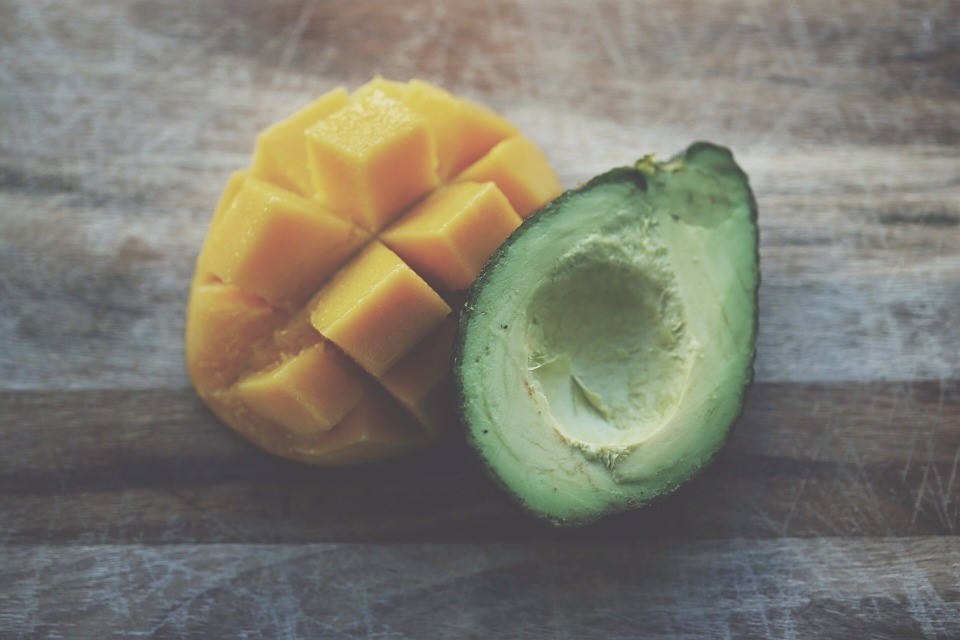
An estimated 23.5 million people in the United States are living with an autoimmune disease, such as type 1 diabetes, Crohn’s disease, multiple sclerosis, rheumatoid arthritis, or myasthenia gravis. These diseases afflict women more than men and are among the leading causes of death for young and middle-aged women.
Collectively, these diseases are becoming more common around the world. Side effects from some of the medications to treat them can be harsh, so those living with these conditions may look for natural and less invasive ways to manage these diseases. But can the right diet help tame an autoimmune disease?
Learn how nutrition and your diet may help to manage some of these conditions during this free online webinar on Autoimmune Disease: A Food-based Approach.
The expert panel is comprised of:
Leigh Frame, PhD, MHS, is an assistant professor, Department of Clinical Research and Leadership, program director, Integrative Medicine Programs, and executive director, Office of Integrative Medicine and Health. Dr. Frame brings nutrition and immunity together through clinical/translational research. She has used her wide-ranging experience in biomedical research (from wet bench to clinical research) to oversee research programs, including the National Institute of Neurological Disorders and Stroke (NINDS) Parkinson’s Disease Biomarkers Program.
Susan LeLacheur, DrPH, MPH, PA-C, BS, is a professor in the Department of Physician Assistant Studies at the GW School of Medicine and Health Sciences. Dr. LeLacheur has more than 35 years of clinical experience in primary care, HIV/AIDS, and infectious disease. She is the section director for the GW PA Program’s Foundations of Medicine Gastroenterology Section. Her ongoing clinical practice at Whitman Walker Health in Washington, D.C. includes both primary and HIV care.
Lara Zakaria, RPh, MS CNS IFMCP, is an Institute for Functional Medicine Certified Practitioner, nutritionist, pharmacist and public health professional based in New York City. She combines evidence-based nutrition and complementary medicine, including positive psychology, to inspire patients to use whole food, herbs and lifestyle modification to optimize their health. Her training in drug-drug and drug-nutrient interactions also gives her a unique perspective on helping patients optimize their medication and supplement programs.



